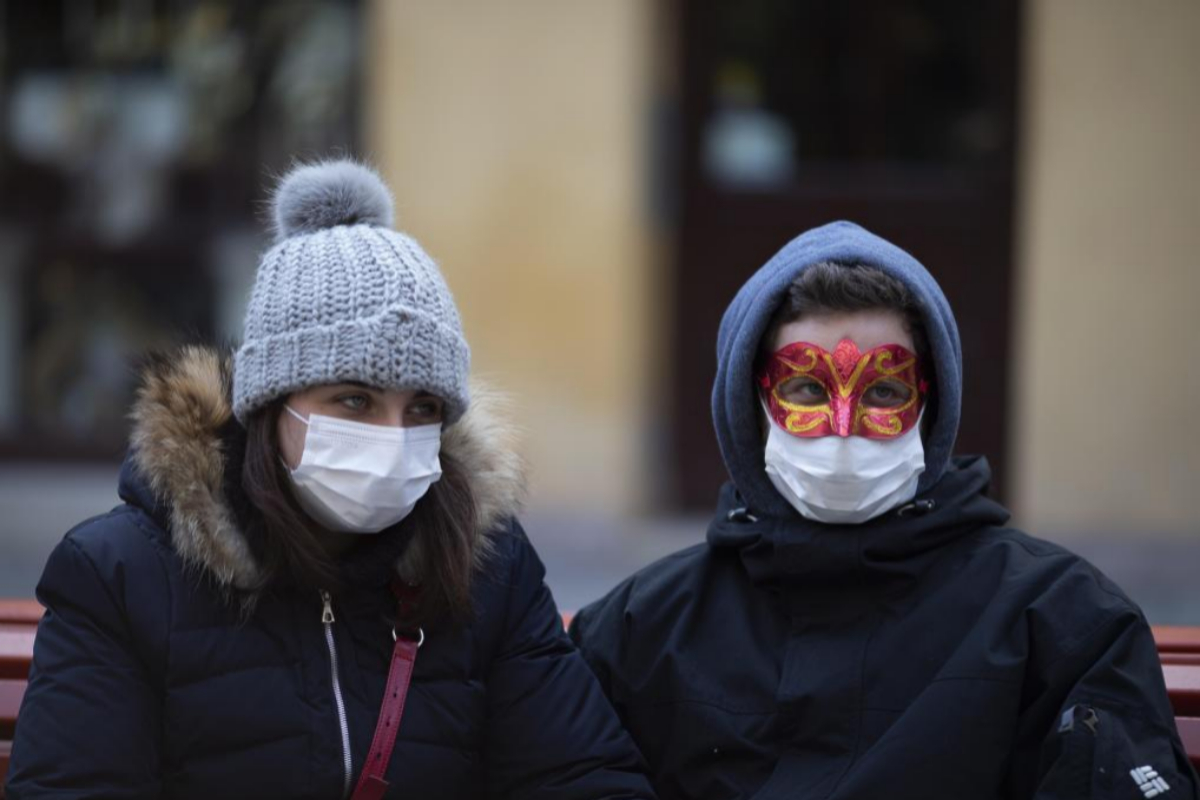Tourism is one of the sectors most marked by the coronavirus from the moment in which cases of infection began to occur in China and restrictions on travel and transport were activated. However, the spread of the disease in northern Italy and the latest confirmed cases in Spain have brought the risk closer to Spanish tourism companies , which have activated alerts to the risk that it ends up affecting their activity.
"There is some fear in the sector because if the disease goes further, the demand will end up suffering," says Carlos Garrido , president of CEAV (Spanish Confederation of Travel Agencies). Garrido acknowledges that in recent days there have been some cancellations in the reservations of Spanish tourists who had planned to travel to northern Italy in the coming weeks, precisely where the epicenter of contagion is located in the transalpine country. "There are still few cases and few destinations," he says. However, it does recognize that there has been an increase in the number of inquiries about the convenience of traveling there and in the number of customers who have requested a change in the dates or destination of packages already contracted. "Some have asked to modify it within Italy," he explains.
Despite noting that the effects are beginning to be noticed in the tourism industry, Garrido warns against alarmism and calls for "being proportional" because the situation "remains under control." "Everything depends on evolution. As long as things continue, the Spanish tourism sector has the capacity to re-establish itself," however, if the situation continues and the infections continue to multiply by tens, the consequences could end up ballasting the Holy Week campaign , planned for within a month. "We are expectant about what may happen and that is why we are still very aware of the evolution of the virus," he adds.
As a result of this concern, representatives of the Spanish tourism sector met yesterday with the Minister of Industry, Commerce and Tourism, Reyes Maroto , to advance in the elaboration of an action plan. Maroto announced yesterday the intention of the Government to activate a protocol against the coronavirus so that hoteliers, airports and areas with massive influx of visitors can have all the information and, "in the event that the protocol had to be activated, they have all the guarantees that they are informed. "
The protocol will be operational "immediately" , as EL MUNDO confirmed sources familiar with the meeting, and aims to all parties involved in tourism know how they should act and "can have all the information" in case Let the situation get worse.
From Aena they do not clarify if they have transferred any information regarding this protocol and refer to the information on their website, where yesterday afternoon a notice announced that "Canary airports recover the normal frequency of movements" after the episode of Calima suffered a few days ago.
Maroto insisted yesterday to send a message of tranquility to travelers who plan to visit Spain and said that "they must be calm" and that "Spain is a safe destination for any visitor to come, who does not have to delay his decision to visit our country".
His insistence is not trivial. Tourism is one of the pillars of the Spanish economy and has played a fundamental role for employment and activity during the toughest years of the crisis and in full recovery. According to the Minister of Economic Affairs, Nadia Calviño, it is still "too much soon to speculate or to try to assess the impact "of Covid-19 on tourism and the economy of the country. Despite this, its consequences in the activity are already evident in some services.
The Andalusian travel agencies grouped in Aevise recognize that no cancellations have been detected in Italy, although they have received numerous inquiries from customers. Its president, José Manuel Lastra, warned yesterday of the need not to fall into alarm. "It is falling into excessive alarmism that may be affecting the normal behavior of citizens and in this case of travel," he told Europa Press.
Alarmists or not, some firms have already begun to take concrete measures. The Pullmantur cruise company announced yesterday that it will prohibit embarking anyone who has traveled "from, to, or through" the Italian regions of Lombardy and Veneto in the last 15 days, and the Italian-Swiss MSCCruceros has established mandatory controls for all passengers and crew and the prohibition of embarking anyone who has traveled to, from, or through some cities in central and northern Italy in the last 14 days.
According to the criteria of The Trust Project
Know more- Italy
- Reyes Maroto
- Coronavirus
- economy
- tourism
Covid-19 Spain will activate a protocol for hotels, airports and areas of mass influx by the coronavirus
Tourism The Board believes that the influence of the coronavirus on tourism will be "limited"
El CaminanteA congress of experts concludes that inland tourism will be one of the fastest growing segments in the coming decades

